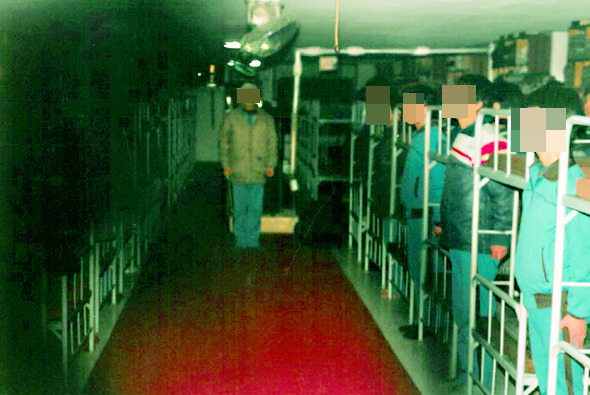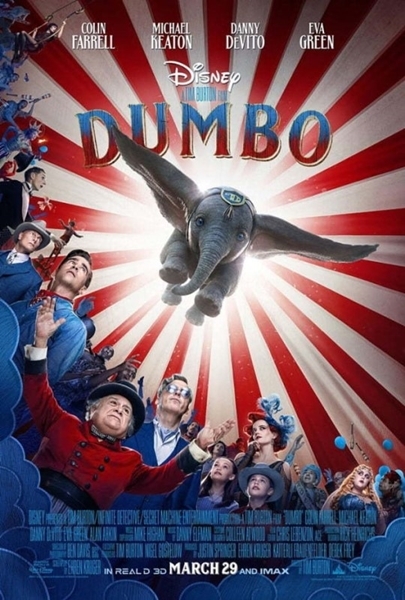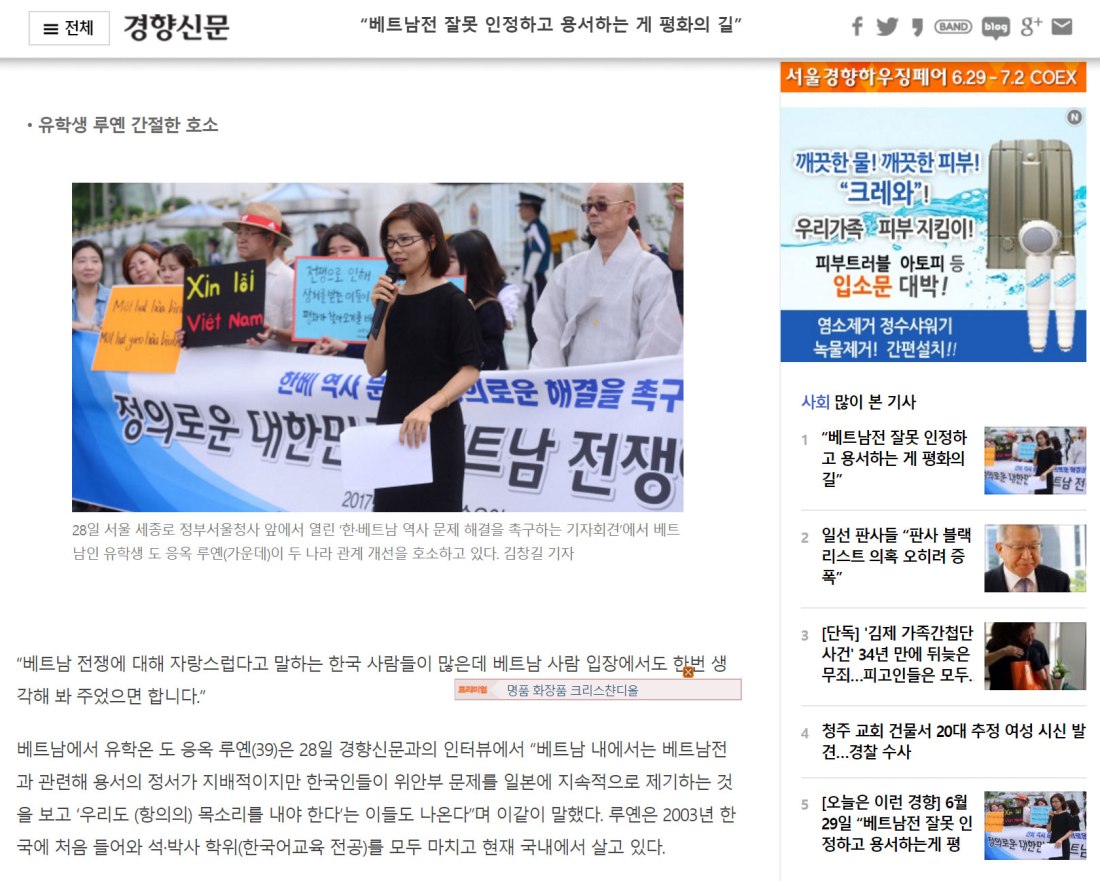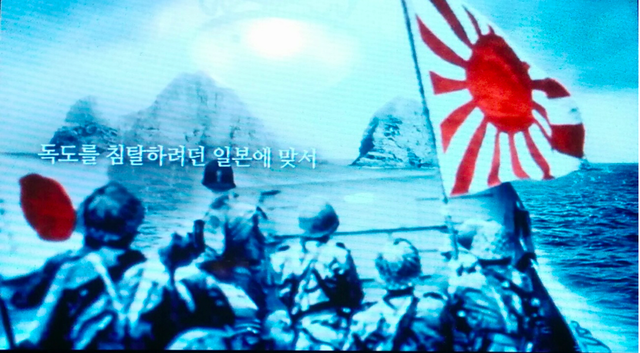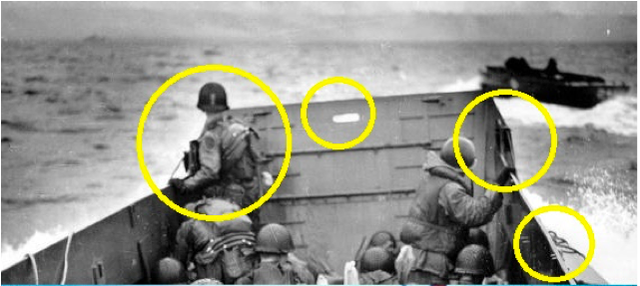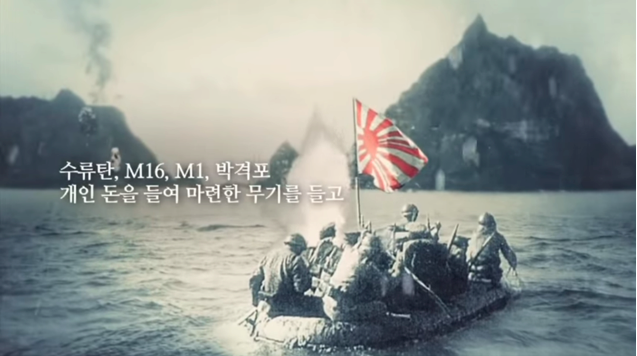Well said.
Taro Kono : The Real Issue Between Japan and Korea Is Trust
– Bloomberg Opinion 4 Sep, 2019
In 1965, after 14 years of hard negotiations, Japan and South Korea concluded the “Agreement on the Settlement of Problems concerning Property and Claims and on Economic Co-operation between Japan and the Republic of Korea.” Under the terms of the 1965 Agreement, Japan extended $500 million in grants and loans — a sum that totaled 1.6 times as much as South Korea’s national budget then. All problems concerning claims between the two countries and their nationals were confirmed to be “settled completely and finally.”
In 1965, after 14 years of hard negotiations, Japan and South Korea concluded the “Agreement on the Settlement of Problems concerning Property and Claims and on Economic Co-operation between Japan and the Republic of Korea.” Under the terms of the 1965 Agreement, Japan extended $500 million in grants and loans — a sum that totaled 1.6 times as much as South Korea’s national budget then. All problems concerning claims between the two countries and their nationals were confirmed to be “settled completely and finally.”
Among the eight items in the “Outline of the Claims of the Republic of Korea against Japan” that were raised during negotiations, “accrued wages of the requisitioned Korean[s]” as well as “compensation of damages by war to the requisitioned Korean[s]” were included. The Agreed Minutes to the 1965 Agreement clearly state that the claims that were “settled completely and finally” included any that fell within the scope of these eight items.
Furthermore, when seeking compensation for Korean workers “requisitioned” by Japanese companies during the war, Korean officials explained that their claim included damages for psychological and physical suffering. In response, the Japanese side proposed that its payments be made to individuals. But the Korean representatives asserted that they were putting forward the claims for compensation as a state and that their government would be responsible for distributing any money received from Japan.
Four decades later, in August 2005, South Korea reaffirmed that the $300 million in grants received from Japan had included compensation for the “historical fact of suffering” of the victims of “forced mobilization.” In so doing, the Korean government made it clear that it bore the moral responsibility to allocate an adequate amount of the resources received to provide relief to those victims.
Then, last year, the Korean Supreme Court rendered a series of judgments against Japanese companies, ordering them to pay “compensation” to the former civilian workers. These judgments clearly violated the 1965 Agreement. Yet the Korean government has failed to take any concrete measures to remedy the situation.
In effect, after more than 50 years, South Korea has unilaterally abrogated the pledges made by our two governments. This is the crux of the issue we face now. If an international agreement can be broken because of the domestic circumstances of one country, we will never be able to maintain stable international relations.
I strongly hope that the Korean government addresses this issue from the standpoint of international law as well as bilateral state-to-state relations, and takes concrete actions as a responsible member of the international community.
Japan repeatedly sought diplomatic consultations with the Korean government after the court decisions and referred this dispute to arbitration, as provided for under the 1965 Agreement. However, South Korea refused to agree.
Just as importantly, I would like to reiterate that this issue has nothing to do with the recent update by Japan of its export control measures, which was required to ensure the non-proliferation of weapons-related materials. This decision was made solely from the standpoint of national security.
The materials and technologies in question are sensitive because they can be diverted to military uses. The relevant authorities in every country are responsible for appropriately managing exports of such dual-use materials and technologies.
Since 2004, Japan had applied to South Korea simplified procedures for exporting such materials, compared to the rules applied to most countries and regions including the rest of Asia. The arrangement was predicated on sufficient trust between our two governments, which was to be fostered through continuous consultations.
Such consultations have not been held for the past three years, despite repeated requests from the Japanese side. Meanwhile, there have been several inappropriate cases concerning export control related to South Korea. For that reason, Japan concluded it could no longer maintain the simplified procedures applied to exports to South Korea.
This decision was not in any way meant as “retaliation” or a “countermeasure” in relation to the issue of former civilian workers from the Korean Peninsula. Such a linkage only obscures the root causes of two very different problems.
Japan has been acting as a responsible member of the international community, adhering to international law. We hope that South Korea would do the same, so that we can continue to build a forward-looking bilateral relationship.
Finally, I would like to touch upon the Korean government’s decision to terminate the “Agreement between the Government of Japan and the Government of the Republic of Korea on the Protection of Classified Military Information” (“GSOMIA”), which had contributed to strengthening security cooperation between the two countries and to ensuring regional peace and stability since 2016. I must say this decision reflects a total misapprehension of the security situation in Northeast Asia. The Korean government has linked its decision to Japan’s update of its licensing policies and procedure for exports. These two issues are of totally different nature and should not be linked together.

